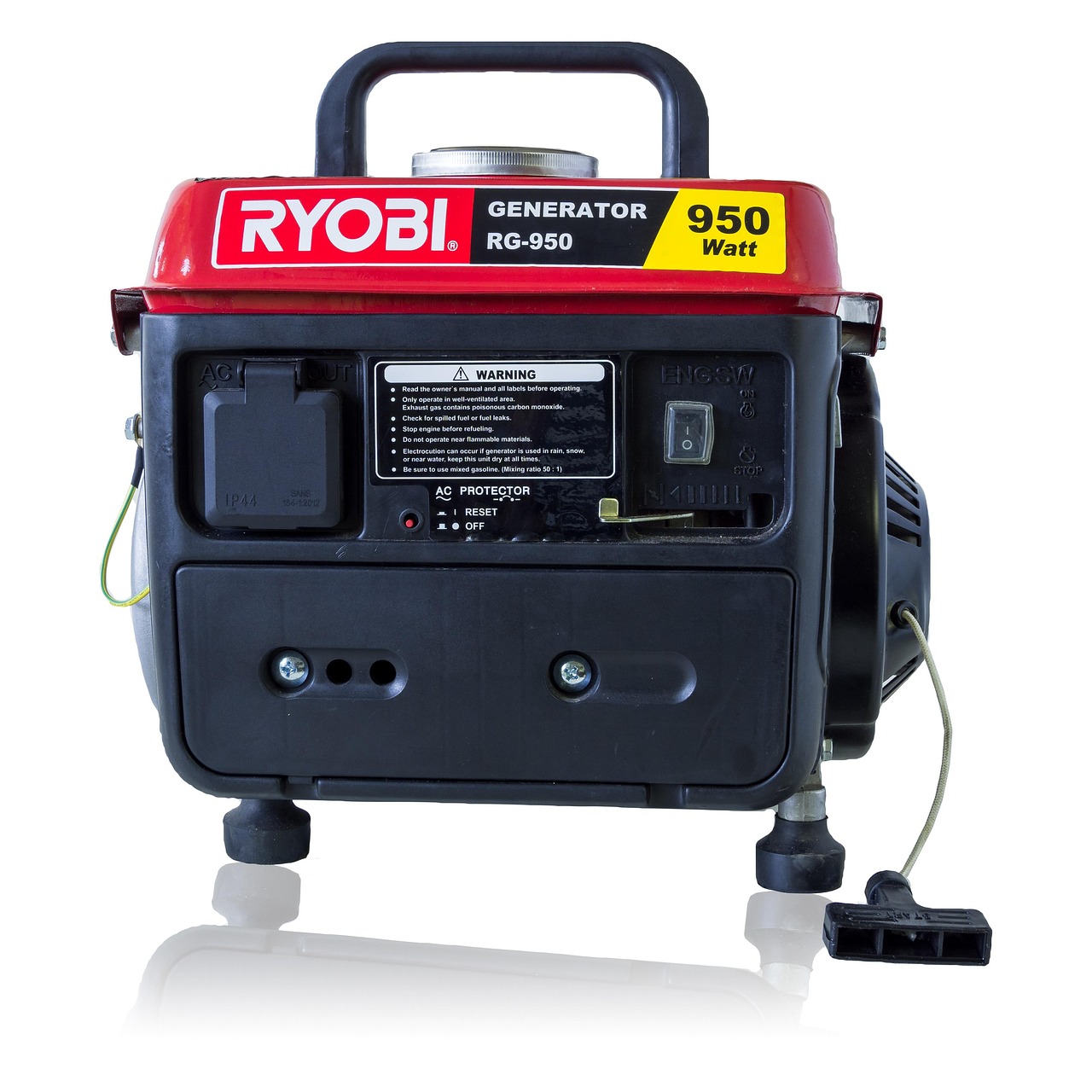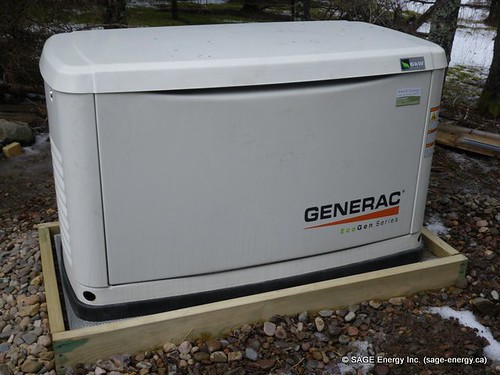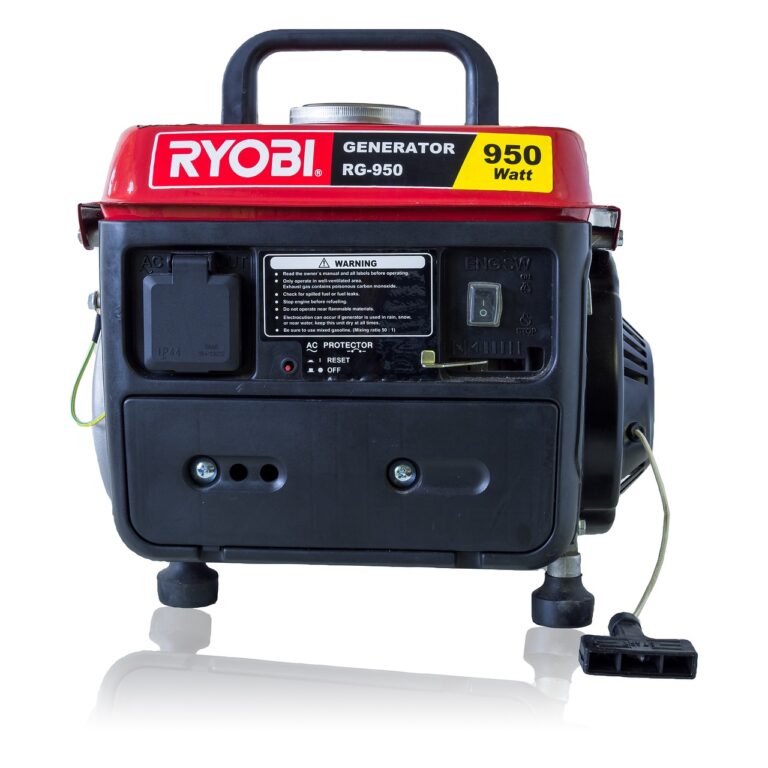Inverter Generators vs. Conventional: Which Should You Buy?
When the power goes out or you’re planning an outdoor adventure, a generator can be a lifesaver. But with so many options on the market, choosing between inverter generators and conventional generators can be overwhelming. Each type has its own advantages and limitations, depending on your needs. This article breaks down the key differences between the two and helps you decide which one is best for your home, RV, camping trip, or job site.
What Is a Conventional Generator?
A conventional generator operates by converting mechanical energy into electrical energy through a motor powered by gasoline, diesel, or propane. It runs at a constant speed (typically 3600 RPM) to produce 120 volts AC at 60 Hz.
Pros of Conventional Generators:
- High Power Output: Ideal for powering large appliances and heavy-duty equipment.
- Cost-Effective: Generally more affordable upfront than inverter models.
- Widely Available: Easier to find parts and service.
- Good for Whole-Home Backup: Can power multiple high-demand devices simultaneously.
Cons of Conventional Generators:
- Noisy Operation: Runs louder due to continuous engine speed.
- Fuel Inefficiency: Consumes more fuel, especially under partial loads.
- Unstable Power Output: May not be suitable for sensitive electronics.
- Bulkier and Heavier: Not very portable or space-efficient.
What Is an Inverter Generator?
An inverter generator takes the same raw power from the engine but converts it to DC (Direct Current) and then back to clean AC (Alternating Current) through an electronic inverter. This process produces a stable and consistent power output, which is safer for sensitive electronics like laptops, smartphones, and TVs.
Pros of Inverter Generators:
- Clean, Stable Power: Produces “clean sine wave” electricity with minimal harmonic distortion.
- Quieter Operation: Lower decibel levels, great for residential use or campsites.
- Fuel Efficiency: Automatically adjusts engine speed based on power demand.
- Portable and Lightweight: Compact design makes them ideal for on-the-go use.
- Parallel Capability: Many models allow you to connect two units for double the power.
Cons of Inverter Generators:
- Higher Initial Cost: More expensive upfront due to advanced technology.
- Limited Power Output: Not ideal for powering an entire home or heavy-duty tools.
- Complex Repairs: More electronic components may require specialized service.
Side-by-Side Comparison Table
| Feature | Conventional Generator | Inverter Generator |
|---|---|---|
| Power Output | High (suitable for large loads) | Moderate (ideal for light to medium loads) |
| Power Quality | Unstable, more THD | Clean, low THD (safe for electronics) |
| Noise Level | Loud (65–100 dB) | Quiet (50–65 dB) |
| Fuel Efficiency | Lower (constant engine speed) | Higher (adjusts to load) |
| Portability | Heavy and bulky | Lightweight and compact |
| Price | Lower upfront cost | Higher upfront cost |
| Ideal Use | Emergency home backup, job sites | Camping, RV, small electronics |
Which Should You Buy?
Your choice between an inverter and a conventional generator depends on how and where you plan to use it.
Choose an Inverter Generator if:
- You need quiet operation for camping, RVs, or outdoor events.
- You plan to power sensitive electronics like laptops, phones, and medical devices.
- Portability and fuel efficiency are important to you.
- You don’t need to run heavy equipment or multiple large appliances simultaneously.
Choose a Conventional Generator if:
- You need high power output for emergency home backup or job sites.
- You’re on a tighter budget.
- Noise is not a major concern.
- You’ll be using it in a fixed location and powering heavy-duty tools or appliances.
Final Thoughts
Both inverter and conventional generators have their place, and the right one for you depends on your specific needs. If you value quiet, clean, and portable power, an inverter generator is a smart investment. On the other hand, if you require raw power and a lower upfront cost, a conventional generator might be the better choice.
Before purchasing, always consider:
- How much power you need
- Where and how often you’ll use the generator
- What appliances or devices you’ll be running
Taking these into account will help you buy the generator that offers the best value, performance, and peace of mind.
Need help calculating your power requirements? Let us know, and we’ll guide you through choosing the perfect generator for your situation.




